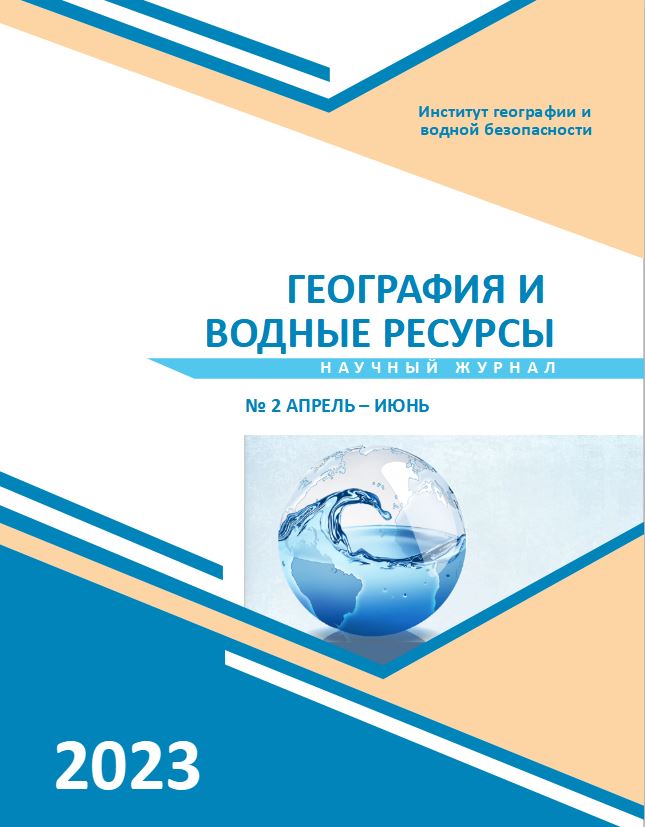Оценка обеспеченности, состояния и перспектив использования ресурсов подземных вод для питьевого водообеспечения Западно-Казахстанского региона
Main Article Content
Аннотация
Сегодняшняя глобальная стратегия по повышению надежности систем хозяйственно-питьевого водоснабжения определяется нацеленностью на максимальное использование подземных вод для обеспечения населения питьевой водой. В большинстве случаев информация о наличии, объеме и качестве подземных вод играет решающую роль при принятии решений об эффективности освоения определенной территории, а также об улучшении и расширении физической среды и объектов, необходимых для поддержания экономической деятельности и обеспечения жизненных потребностей людей данного региона. Поэтому решающим фактором в изучении гидрогеологических условий региона являются знания о распространении подземных вод, величине их ресурсов, качестве и особенностях их формирования.
Выполнена оценка ресурсного потенциала подземных вод Западного Казахстана для обеспечения устойчивого питьевого водоснабжения населения. При оценке характеристик пресных подземных вод применены гидрогеологические, гидрогеохимические, геоинформационно-аналитические, статистические и лабораторные методы исследований (в том числе хроматографический, спектрофотометрический, атомноабсорбционный и др.). Оценка ресурсного потенциала пресных подземных вод и перспектив их использования для водоснабжения городов и населенных пунктов позволит выявить высоко-, средне- и малообеспеченные подземными водами территории, а это, в свою очередь, даст возможность найти новые источники для покрытия нужд хозяйственно-питьевого водоснабжения, что будет способствовать устойчивому социально-экономическому развитию Западного Казахстана.

